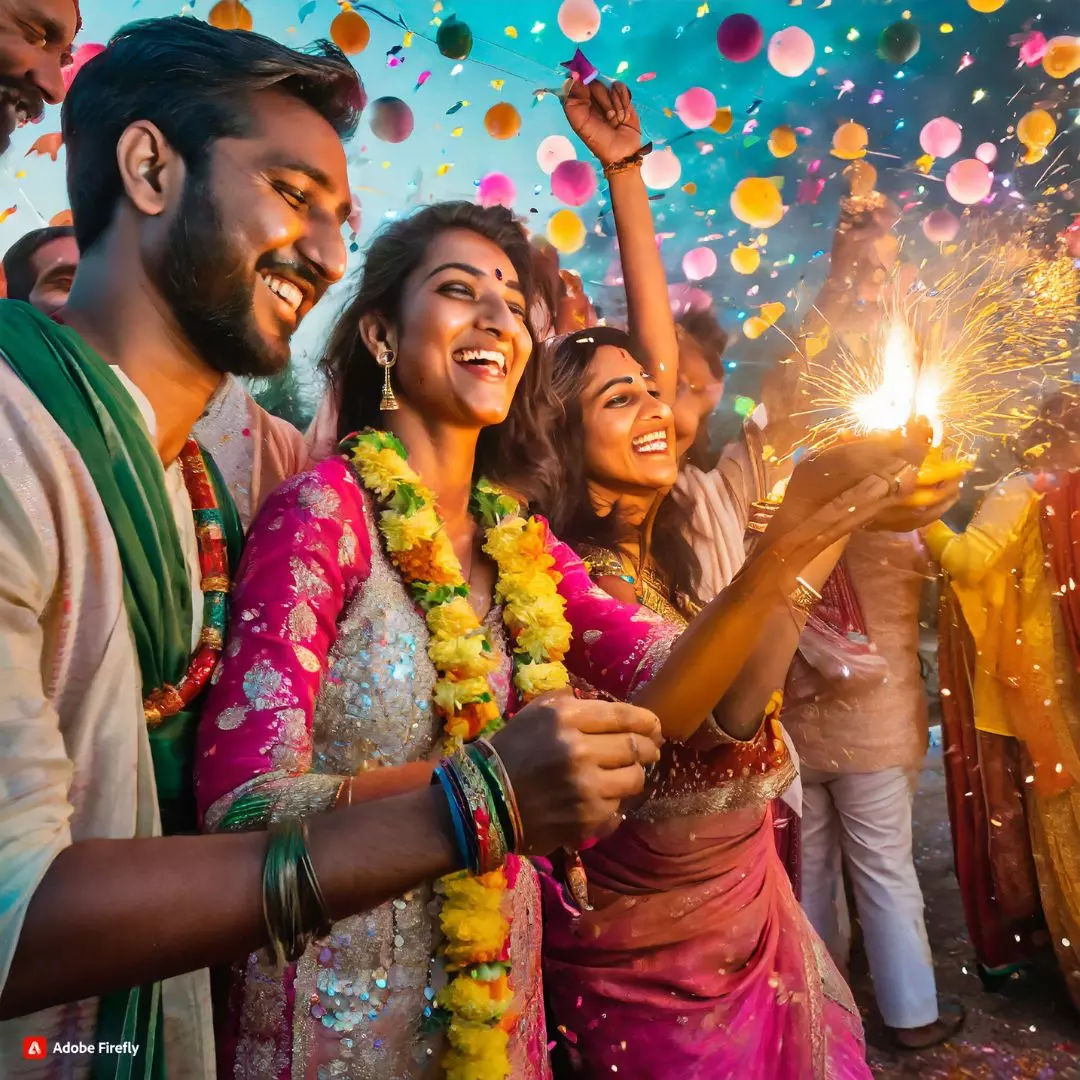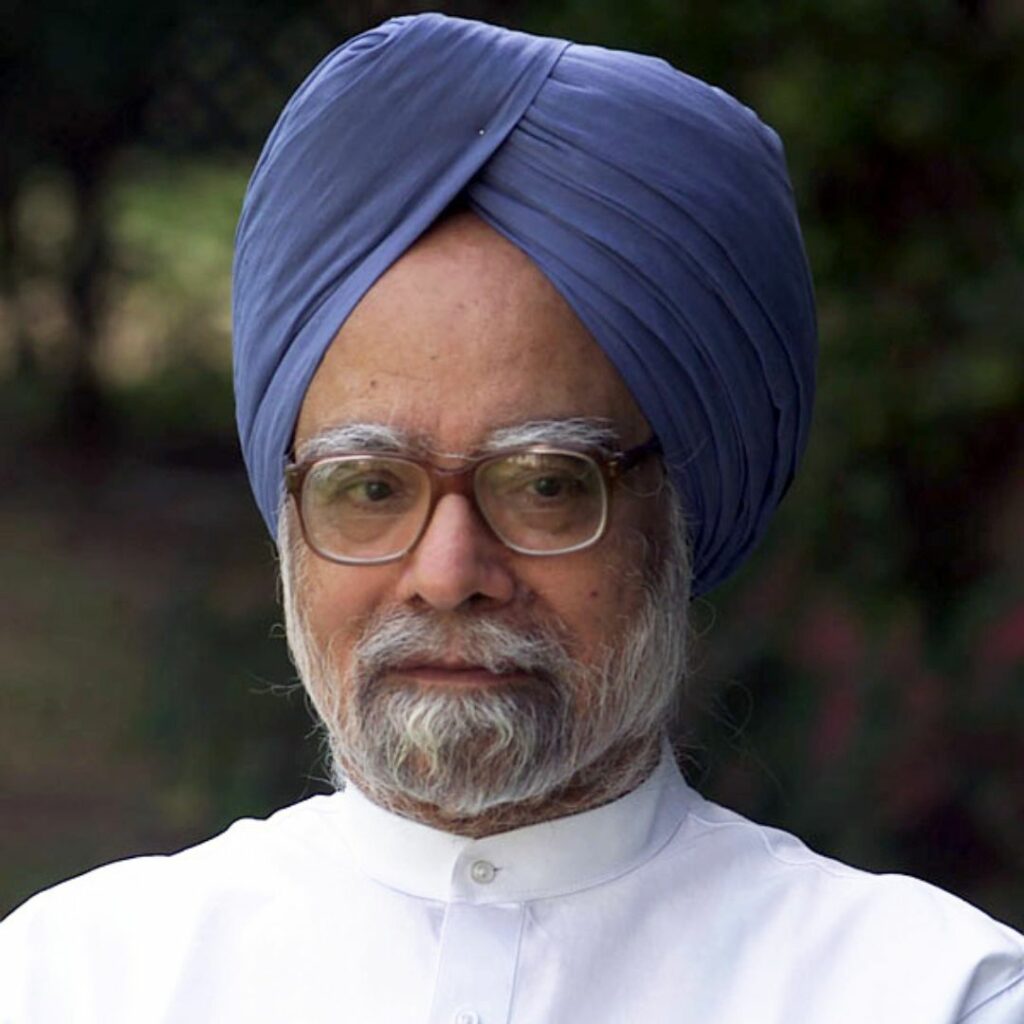India, often heralded as the ‘Land of Festivals,’ is currently in the throes of vibrant cultural celebrations that form an integral part of its societal fabric. Beyond the dazzling lights, melodic tunes, and the aromatic allure of festive delicacies, there exists a nuanced interplay between these celebrations and the mental well-being of the nation’s citizens. This intricate relationship, multifaceted in its manifestations, weaves a tale of both positive enrichment and potential challenges.
During the fervor of festivals, a communal spirit permeates the air, providing a reprieve from the often isolating nature of modern existence. Families, dispersed in the daily grind, find themselves drawn together, creating a collective sense of belonging that profoundly influences emotional well-being. The acts of reunion and shared joy contribute to a heightened emotional state, fostering positive mental health.
Additionally, the festival season serves as a catalyst for increased attention to personal grooming and self-care. Rituals such as getting one’s hair done or indulging in skincare routines not only boost confidence but also trigger the release of oxytocin, instilling a sense of calm and well-being.
Festivals also disrupt the monotony of daily routines, offering a pause from the relentless pace of life. This interruption allows individuals to engage in rituals, partake in communal festivities, and forge social connections, contributing to stress relief and a sense of community.
Participation in the preparation and execution of various festive rituals further strengthens personal and professional bonds. The collective effort fosters a sense of accomplishment and interconnectedness, amplifying the positive impact on mental health.
However, amid the joyous celebrations, festivals can also be a time of poignant struggle for some individuals. For those grappling with grief, the atmosphere of exuberance can intensify the sense of loss, leading to heightened feelings of loneliness amidst the festivities.
Social anxiety becomes palpable for individuals with pre-existing mental health conditions, making it challenging to partake in the communal revelry. Studies indicate that 64% of individuals with mental illnesses find this time of the year particularly difficult, exacerbating feelings of isolation.
The festival season may lead to increased stress for those already struggling with the demands of daily life. Managing guests, preparing for rituals, and other festive responsibilities contribute to elevated stress levels, especially for those with limited financial resources.
Family gatherings, a hallmark of festivals, can trigger a spectrum of emotions. In cases of complex family dynamics or strained relationships, the obligation to interact during festivities can amplify anxiety and emotional distress. These interactions may also serve as catalysts for the recollection of past traumas or unresolved issues.
Furthermore, certain mental health conditions thrive on routine, a luxury often disrupted during the festival season. This disturbance can contribute to the deterioration of one’s mental health, highlighting the delicate balance between celebration and well-being.
In an unexpected revelation, individuals confined in correctional facilities or prisons share the difficulty they face during festive times. Expressing longing for their families and heightened pain associated with confinement, some also express concerns about whether their children can enjoy the festivals without them.
Beyond the surface revelry, festivals harbor profound psychological benefits. They act as conduits for instilling hope and optimism among people, fostering excitement and anticipation for positive experiences in the future. The break from the monotonous routines induces positive feelings, offering a fresh perspective and reducing the pervasive grip of boredom.
Participating in and preparing for festivals provides individuals with a sense of accomplishment, boosting motivation and self-esteem. Festivals also motivate individuals to be present in the moment, engaging in various activities such as savoring food, appreciating music, and fostering appreciation for younger generations, thereby increasing mindfulness.
Celebrations like Independence Day, Republic Day, and Gandhi Jayanti not only evoke feelings of patriotism but also strengthen the sense of brotherhood and happiness nationwide. This collective celebration, punctuated by patriotic songs and remembrance of freedom fighters, instills confidence and inspires individuals to contribute to the nation’s well-being.
The joyous atmosphere of festivals is deeply ingrained in the human psyche, programmed since birth to associate such occasions with joy, celebration, and community. Festivities evoke feelings of happiness, joy, reconciliation, and spiritual growth, contributing to a collective sense of well-being.
Navigating the complexities of festivals with mindfulness and sensitivity can enhance mental well-being. Incorporating physical activity, offering help to others, practicing meditation, setting healthy boundaries, avoiding excessive alcohol consumption, and seeking support are proactive steps individuals can take during the festive season.
As India continues to embrace its rich cultural heritage through festivals, the collective experience remains integral to the nation’s identity. While the joy and celebration are undeniable, acknowledging and addressing the nuanced impact on mental health becomes imperative. By fostering positive aspects and navigating the challenges with awareness, individuals can approach the festive season with a harmonious balance, ensuring that tradition and mental well-being coexist in a delicate dance.
Also Read: UGC Issues Directive To Halt MPhil Admissions For 2023-24, Deems Degree Unrecognized











